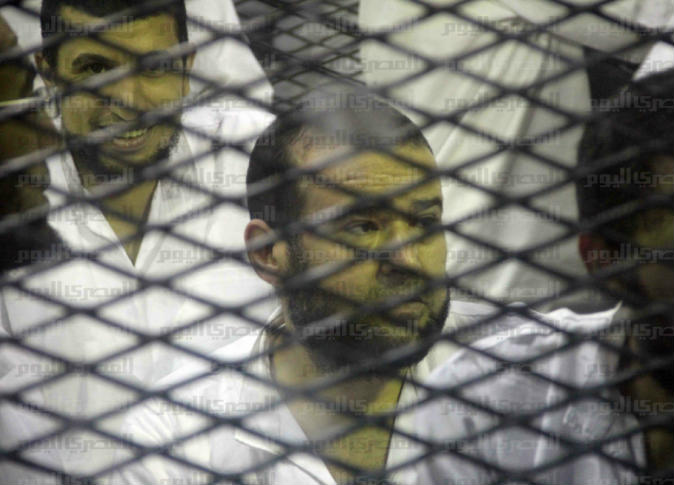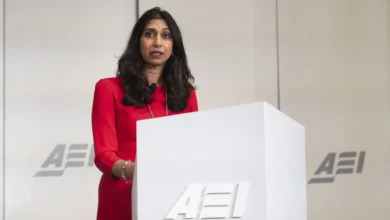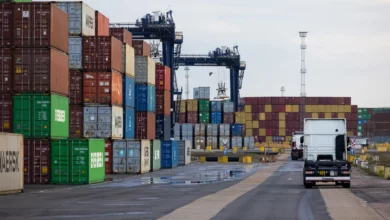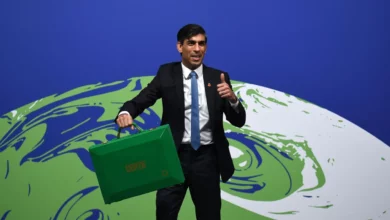Egyptian politicians have slammed Britain's decision of last Wednesday allowing Muslim Brotherhood affiliates to seek asylum in the UK, warning of devastating consequences to such a move.
On August 1, the UK Home Office published guidance documents stating that some leaders and supporters of Egypt's banned Islamic organization, the Muslim Brotherhood, may qualify to obtain asylum in Britain if they are deemed to be in danger of persecution at the hands of the Egyptian state for involvement or perceived involvement with the group.
The documents state that Muslim Brotherhood members have faced a prolonged crackdown by President Abdel Fattah el-Sisi’s regime following the ousting of President Mohamed Morsi in July 2013.
In a meeting with the British House of Commons delegation, parliament Speaker Ali Abdelaal raised objections to Home Office's surprise move, said Dalia Youssef, a member of the Foreign Relations Committee within the Egyptian House of Representatives.
Speaking to Al-Masry Al-Youm, Youssef said that Egyptian parliament will arrange talks with the House of Commons in the near future to emphasize Egypt's disapproval of the potential receipt of Brotherhood members in Britain. She asserted that the Home Office documents do not have the support of the whole House of Commons.
She warned that British society will suffer greatly if it lets extremist Brotherhood ideology into the country, and will regret making the decision.
"The documents issued by the British Interior Ministry contained false information and disregarded that detained group members in Egypt have committed acts of violence and terrorism against Egyptians," she stressed.
Nader Sharkawy, MP and chairman of the Foreign Relations Committee of the House of Representatives, said the British government's new stance is contradictory, as in the past the UK has condemned the Brotherhood's activities, adopting a particularly frosty attitude to the group in recent years under Prime Minister David Cameron.
In December 2013, Egypt declared the Muslim Brotherhood a terrorist group after the group were blamed for a suicide bomb targeting police headquarters in Mansoura which killed 16 people and wounded more than 100.
Bitter disputes between the group and Egypt's military-backed interim government ended with an Egyptian court issuing a verdict criminalizing all activities, financing and membership of the Brotherhood, from which the country's ousted president hails, reported British newspaper The Guardian.
Since 2013, according to the Home Office guidance documents, "Many hundreds of Muslim Brotherhood members have been killed or injured during protests, while thousands have also reportedly been detained, some in unofficial places of detention. There are also reports of Muslim Brotherhood supporters dying in police detention, instances of persons tortured to death and other allegations of killings in prisons and detention centers… Death sentences have been handed down to senior leaders in the Brotherhood for charges that include violence, espionage and jailbreak."
The documents stated that it would be unlikely for non-prominent members of the group to obtain asylum, however, as it is reserved for those in immediate danger. "Low-level, nonpolitical or inactive members and supporters are not generally being targeted and it is unlikely that they will be able to demonstrate a real risk of persecution. Each case will need to be considered on its facts," read the documents. Prominent supporters of the group, such as journalists, could be deemed at equal risk from the Egyptian state as group members, the documents stated, in which case asylum could also be granted.
The Home Office underlined that the personal circumstances, activities and political history of each individual will be examined in depth before it is decided whether they are risk of ill-treatment on the basis of their involvement with the Muslim Brotherhood.





